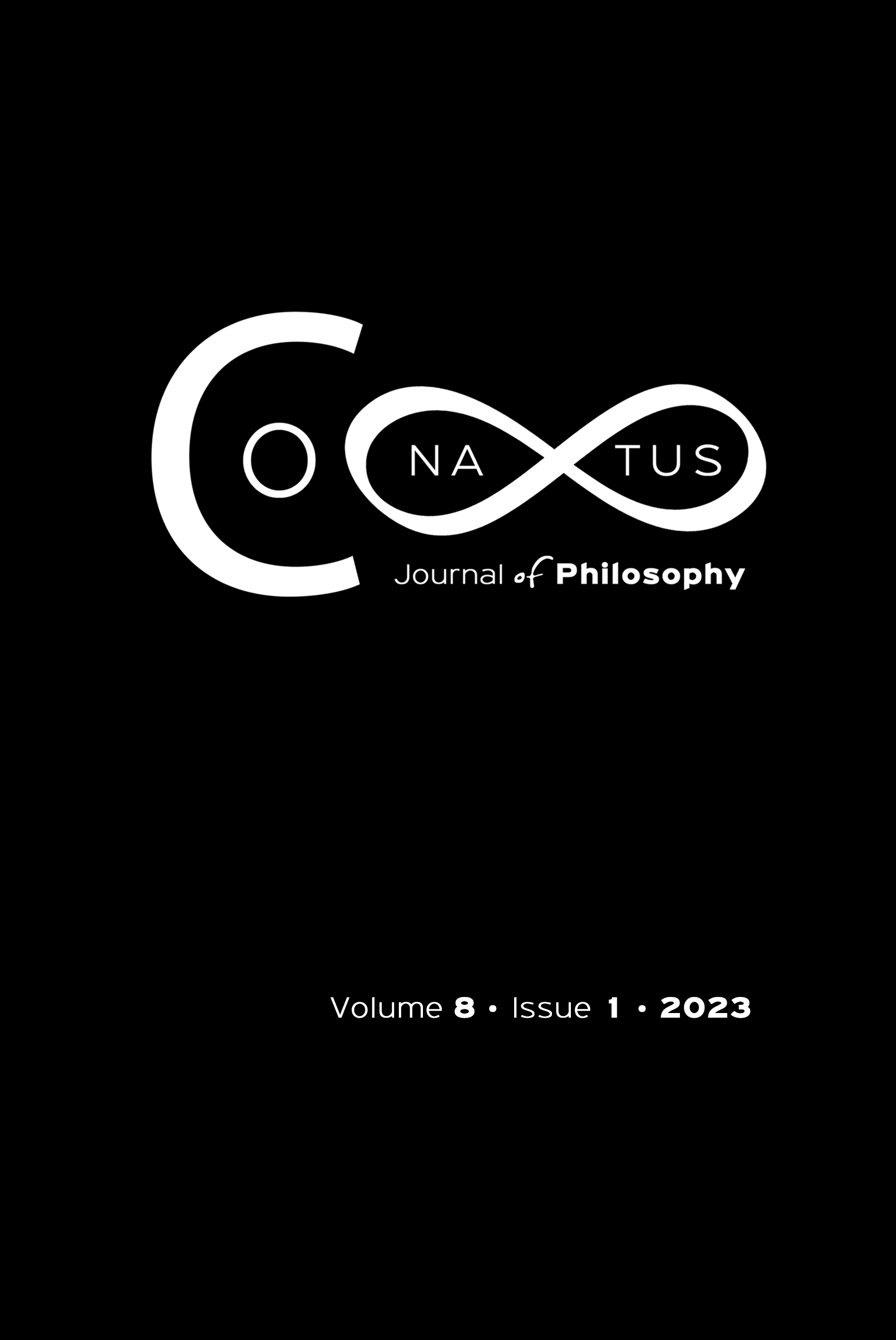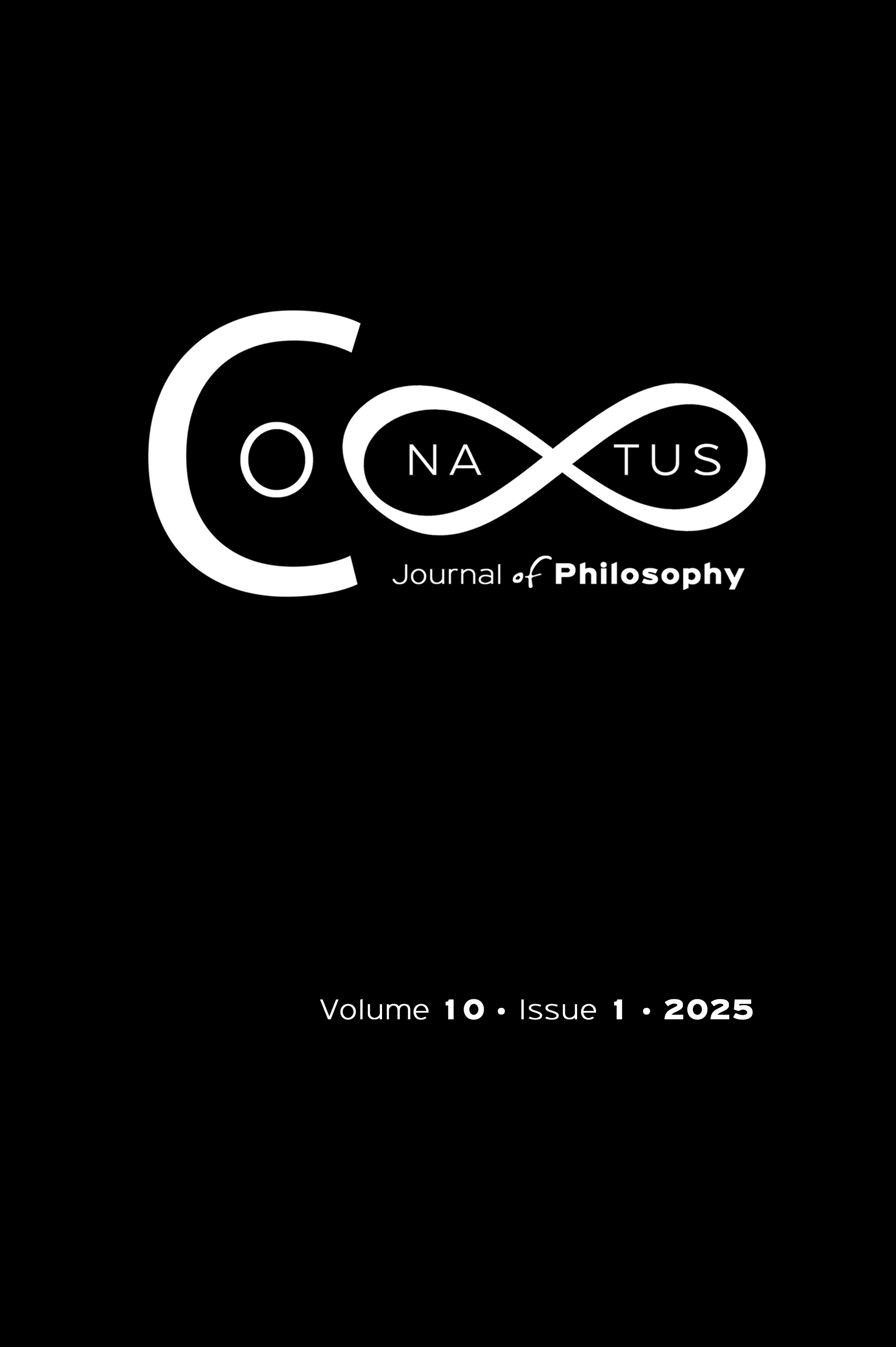Cornelius Castoriadis. The Greek Imaginary: From Homer to Heraclitus. Edited by E. Escobar, M. Gondicas, and P. Vernay. Translated by J. V. Garner, and M.-C. Garrido Sierralta. Edinburgh: Edinburgh University Press, 2023.

Abstract
This essay will discuss the combined seminars presented in the book “The Greek Imaginary: from Homer to Heraclitus” by Cornelius Castoriadis. In these seminars he dissects Ancient Greek culture, politics, and religion in an investigative and analytic way. Through ancient Greek mythology and the Homeric texts a lot of information can be derived regarding the everyday lives, ideology, and philosophy of the time; all of the aforementioned will be explicated as well as the way Castoriadis specifically interprets certain aspects of ancient Greek life in his own unique way. Additionally, we will look into the language of the texts, the meaning of the French vocabulary that was used at the seminars and the ways in which it can be accurately translated in English.
Article Details
- How to Cite
-
Bifis, G. P., Giannopoulou, P., & Argyrakou, A.-M. (2023). Cornelius Castoriadis. The Greek Imaginary: From Homer to Heraclitus. Edited by E. Escobar, M. Gondicas, and P. Vernay. Translated by J. V. Garner, and M.-C. Garrido Sierralta. Edinburgh: Edinburgh University Press, 2023. Conatus - Journal of Philosophy, 8(1), 325–338. https://doi.org/10.12681/cjp.34322
- Section
- Book Reviews

This work is licensed under a Creative Commons Attribution-NonCommercial 4.0 International License.
Authors who publish with this journal agree to the following terms:
Authors retain copyright and grant the journal right of first publication with the work simultaneously licensed under a Creative Commons Attribution Non-Commercial International License (CC BY-NC 4.0) that allows others to share the work with an acknowledgement of the work's authorship and initial publication in this journal.
Authors are able to enter into separate, additional contractual arrangements for the non-exclusive distribution of the journal's published version of the work (e.g. post it to an institutional repository or publish it in a book), with an acknowledgement of its initial publication in this journal.
Authors are permitted and encouraged to post their work online (preferably in institutional repositories or on their website) prior to and during the submission process, as it can lead to productive exchanges, as well as earlier and greater citation of published work.






